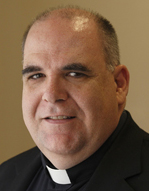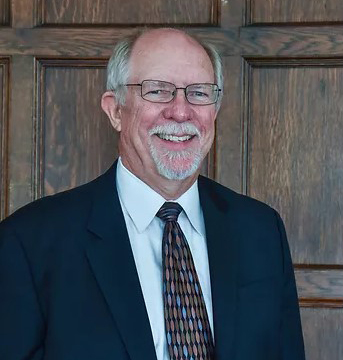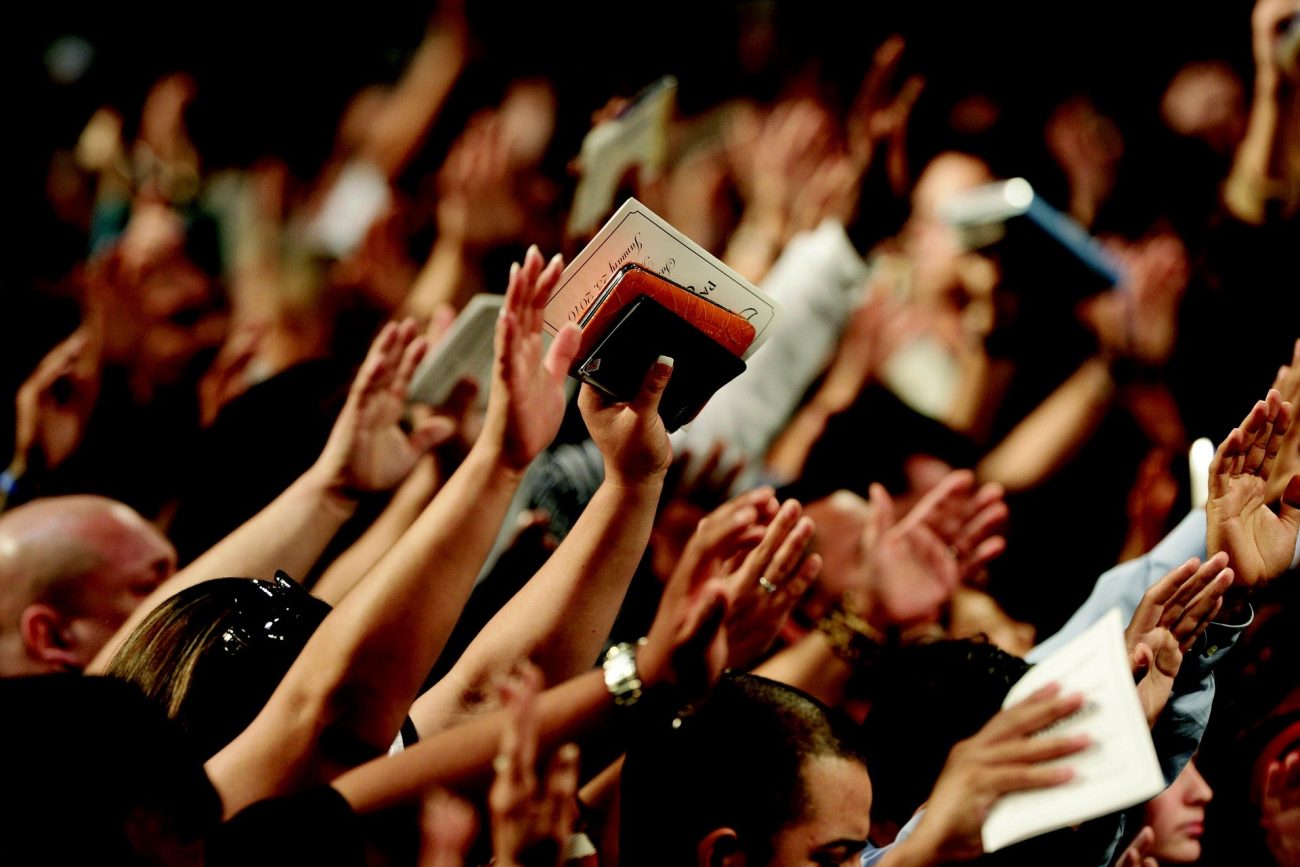As Christians worldwide mark the Week of Prayer for Christian Unity (Jan. 18-25), local experts say humility, listening skills and divine grace are essential to healing rifts among believers in Christ.
“We are called to work together,” said Msgr. Gregory Fairbanks, an ecumenical specialist and dean of the School of Diaconal Formation at St. Charles Borromeo Seminary in Wynnewood.
The annual observance, formally instituted in 1968 by the Vatican and the World Council of Churches, traces its roots to the 18th century, with Pentecostal, Anglican and Catholic clergy all promoting prayers over the intervening decades to restore the bonds among believers.
[hotblock]
This year’s theme focuses on the Epiphany narrative of Matthew’s Gospel (Mt 2:1-12), in particular the words of the Magi regarding their visit to the newborn Jesus: “We saw the star in the East, and we came to worship him” (Mt 2:2). The materials and worship service texts, available online, were prepared by the Middle East Council of Churches.
Among Catholics, Pope Leo XIII, Franciscan Friar of the Atonement Father Paul Wattson, Dominican theologian and priest Yves Congar and Pope John XXIII have been prominent advocates of ecumenism, derived from the Greek word oikoumenē, “the whole inhabited world.”
In its decree Unitatis Redintegratio, the Second Vatican Council declared “the restoration of unity among all Christians” was “one of (its) principal concerns.”
Yet the “the rate of division of Christianity is growing exponentially,” with “each subsequent division … liable to more division,” said Msgr. Fairbanks.
As of 2021, there were an estimated 45,600 Christian denominations and rites worldwide among Catholic, Orthodox, Protestant, Evangelical, Pentecostal and other traditions, according to the Center for the Study of Global Christianity at Gordon-Conwell Theological Seminary. The center projected that number to reach 64,000 by 2050.

Msgr. Gregory Fairbanks, a longtime international ecumenical expert and a dean at St. Charles Borromeo Seminary, is pictured at the Vatican in this file photo. (CNS photo/Paul Haring)
While not able to directly confirm the results of the Gordon-Conwell study, Msgr. Fairbanks said part of the rise in denominations can be attributed to the accelerated growth of Christianity in the 20th century, “both due to evangelization in the developing world (especially Africa and Asia), as well as the global population growth.”
Traditions with “a less centralized organization structure” are more likely to branch off, while more consolidated ones – Catholic, Orthodox, Anglican and Lutheran – “have had little division,” he said.
Still, none of these distinctions were what Christ had in mind when he established his church, as Scripture shows, said Msgr. Fairbanks.
“In his prayer in John 17, Jesus said, ‘I pray for my disciples, that they might be one so the world might believe,’” he said. “Christianity suffers when we’re divided.”
The first step in mending those fractures is prayer, he said.
“We have to realize that we’re not going to achieve this on human power,” said Msgr. Fairbanks. “We need God for the grace of unity.”
The Epiphany narrative emphasizes that point, he added.
“You look up to the star, since God has given the guidance here,” said Msgr. Fairbanks. “It’s not going to be human power, not even the Vatican or the World Council of Churches, that produces unity.”
[hotblock2]
Divine aid is even more essential in “a very polemical society where … we yell at each other,” he said.
He acknowledged that “real problems in ecumenism” have emerged in recent years due to conflicting views on gender and same-sex attraction, which “divides us even as Catholics” despite church teaching.
Privatizing faith as a matter of individual choice, rather than a topic for public discussion, can also hinder communication among Christians — and to the disadvantage of all, he added.
“If I’m really committed to my faith, it ought to affect the way I live my life,” said Msgr. Fairbanks. “With respect … we can ask each other, ‘How do you connect with the divine? This is something that really works for and is important to me.’ And it can be a lesson on civil conversations, a model for society, if we can learn to listen to each other and not tell people that what they believe, I don’t believe, and who’s wrong or right.”

Evangelical Lutheran pastor Rev. John Hougen of Interfaith Philadelphia said studies show most believers who engage in ecumenical dialogue strengthen their own faith. (Interfaith Philadelphia)
Those conversations apply to Catholics speaking with their own pewmates, especially given tendencies for Catholics to qualify themselves as “traditional” or “progressive,” he said.
“Ask why someone is more attracted to the Extraordinary Form of the Mass, or in making sure we have novenas and Marian devotions,” he said. “It’s not a question of one side without the other; often, it’s just a matter of emphasis, of talking to people and developing human relations.”
Catholic parishes that participate in a local ministerium, an interfaith association of clergy, have a better chance of developing ecumenical outreach, said Msgr. Fairbanks.
However, pastors can find themselves reluctant to do so, fearing they will lose members to other denominations.
“A comment I’ve often heard is, ‘I’m trying to keep people Catholic; I don’t want them being sold on why they should be Protestant,’” said Msgr. Fairbanks.
Instead, ecumenical encounters tend to have quite the opposite effect, said Rev. John B. Hougen, an ordained Evangelical Lutheran pastor and coordinator of Interfaith Philadelphia’s Zones of Peace and Art of Interfaith Understanding initiatives.
“In the sharing of gifts between faith traditions, some studies show that for people who engage in (such) dialogue, over 90% end up stronger in their own faith,” said Rev. Hougen.
At the same time, he said, there are “some basic ground rules” to ensure what Msgr. Fairbanks called “well-organized dialogue.”
Proselytizing and criticizing doctrinal differences should be avoided at all costs, they said.
Charitable and social justice projects naturally draw Christians of all denominations — and in Philadelphia, soaring homicide rates have rallied “Christians across congregations” to tackle “conditions that produce violence,” said Rev. Hougen.
“So many congregations have found that kind of community service is possible, even when there are theological, liturgical or cultural barriers that prevent them from being totally united,” he said.
“It’s not to say our dividing issues aren’t important; they are,” said Msgr. Fairbanks. “But we have a lot more in common with each other than what divides us.”
PREVIOUS: Prayer service celebrating Dr. King set for Jan. 17
NEXT: Dr. King a ‘prophetic icon’ of love as ‘vaccine to racism,’ says archbishop



Share this story